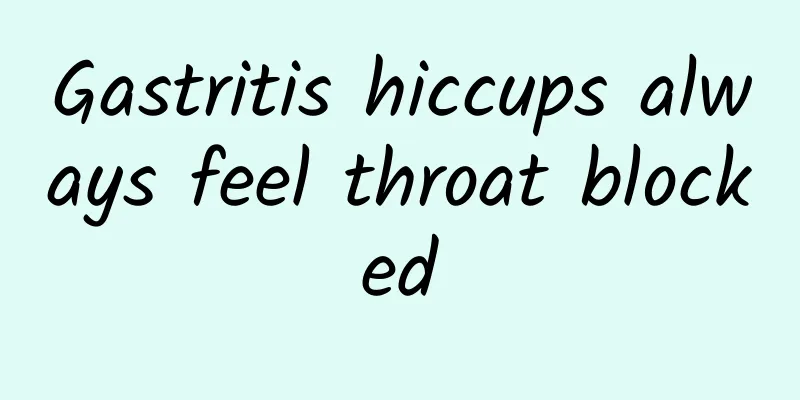Can toothache cause trigeminal neuralgia?

|
Toothache is a common oral disease in daily life. Its occurrence is often related to oral inflammation such as pulpitis, periodontitis, and gingivitis, and it has a very serious impact on human health and emotions. Recently, it has been circulated online that toothache not only affects oral health, but also causes trigeminal neuralgia, which has caused panic in many people. So can toothache cause trigeminal neuralgia? 1. Can toothache cause trigeminal neuralgia? Toothache is not trigeminal neuralgia and will not cause trigeminal neuralgia. The difference between toothache and trigeminal neuralgia is that the three branches of the trigeminal nerve are distributed in the skin of the forehead, maxilla, and mandible, as well as the upper and lower gums. Trigeminal neuralgia often manifests as pain in the upper and lower jaws, face, or even toothache. It is very important to distinguish toothache from trigeminal neuralgia in time for treatment. It can be simply distinguished based on the following aspects: 1. Analgesic effect If the toothache does not improve after taking ordinary painkillers, it can be ruled out that it is tooth inflammation pain, but nerve pain. 2. Local manifestations Toothache caused by cavities, periodontitis and other related inflammations can be persistent and will be aggravated by cold or hot stimulation. If the tooth does not show the above symptoms but is still painful, it may be caused by trigeminal neuralgia. 3. Nature of pain The pain caused by tooth inflammation generally manifests as persistent pain, while trigeminal neuralgia often has no warning signs when it occurs. Instead, it is a sudden lightning-like pain that feels like a knife cut, burning, needle prick, or electric shock. It is severe and unbearable, usually lasting for a few seconds, and occurs several times a day, which is unbearable. Sometimes "trigger points" can be found, and stimulation of these points can cause an attack of pain, but once the attack has just passed, stimulating the "trigger points" again will not cause an attack. 2. Things to note when having toothache 1. For stubborn toothache, it is best to take painkillers sublingually to temporarily relieve the pain. 2. To prevent dental diseases, you should also use the horizontal and vertical brushing method. When brushing your teeth, the direction of movement should be consistent with the direction of the gaps between the teeth. This can achieve the purpose of massaging the gums, improve blood circulation in the surrounding tissues, and reduce the pain caused by dental diseases. 3. The key to preventing toothache is to maintain oral hygiene. It is important to brush your teeth every morning and evening. Rinsing your mouth after meals is also a good idea. 4. Pain relief does not mean treatment. Pay attention to oral and dental hygiene to prevent toothache. When a toothache occurs and the above methods do not relieve the pain, you should go to the hospital for emergency treatment as soon as possible. |
<<: What to do if hair loss is caused by folliculitis?
>>: What does Traditional Chinese Medicine say is the cause of difficulty falling asleep?
Recommend
How to massage the treatment of neurological tinnitus and deafness
Neurological tinnitus and deafness are a common d...
What are the benefits of patting your armpits?
When our body is jealous of toxins, the whole per...
Can I have a gynecological checkup during menstruation?
Menstruation is a woman's physiological perio...
What tests should be done when liver palms appear
Many people have heard that palms of the liver ar...
How to treat early stage of vitiligo
Vitiligo, also known as vitiligo, is a very serio...
Feeling of food stuck in your throat after eating?
In daily life, many people may have had this expe...
White discharge in children's urine
For children, if there is white secretion in the ...
Symptoms of chronic pharyngitis
Pharyngitis is harmful, and those who have it can...
What is an ovarian chocolate cyst? What are the early symptoms?
Ovarian chocolate cysts are a type of endometrios...
How to increase your chances of pregnancy
Pregnancy is the inevitable result of the combina...
Why is the roof of your mouth itchy?
Although the palate is only a small part, it play...
What causes women's menstrual period to come early?
Women will have their periods at the appointed ti...
Is vinegar hot compress effective for the cervical spine?
Using vinegar to apply hot compress to the cervic...
What are the traditional Chinese medicines for clearing heat and detoxification?
If you don't take good care of your body in l...
Treatment of heart failure
Heart failure is commonly known as heart failure....









